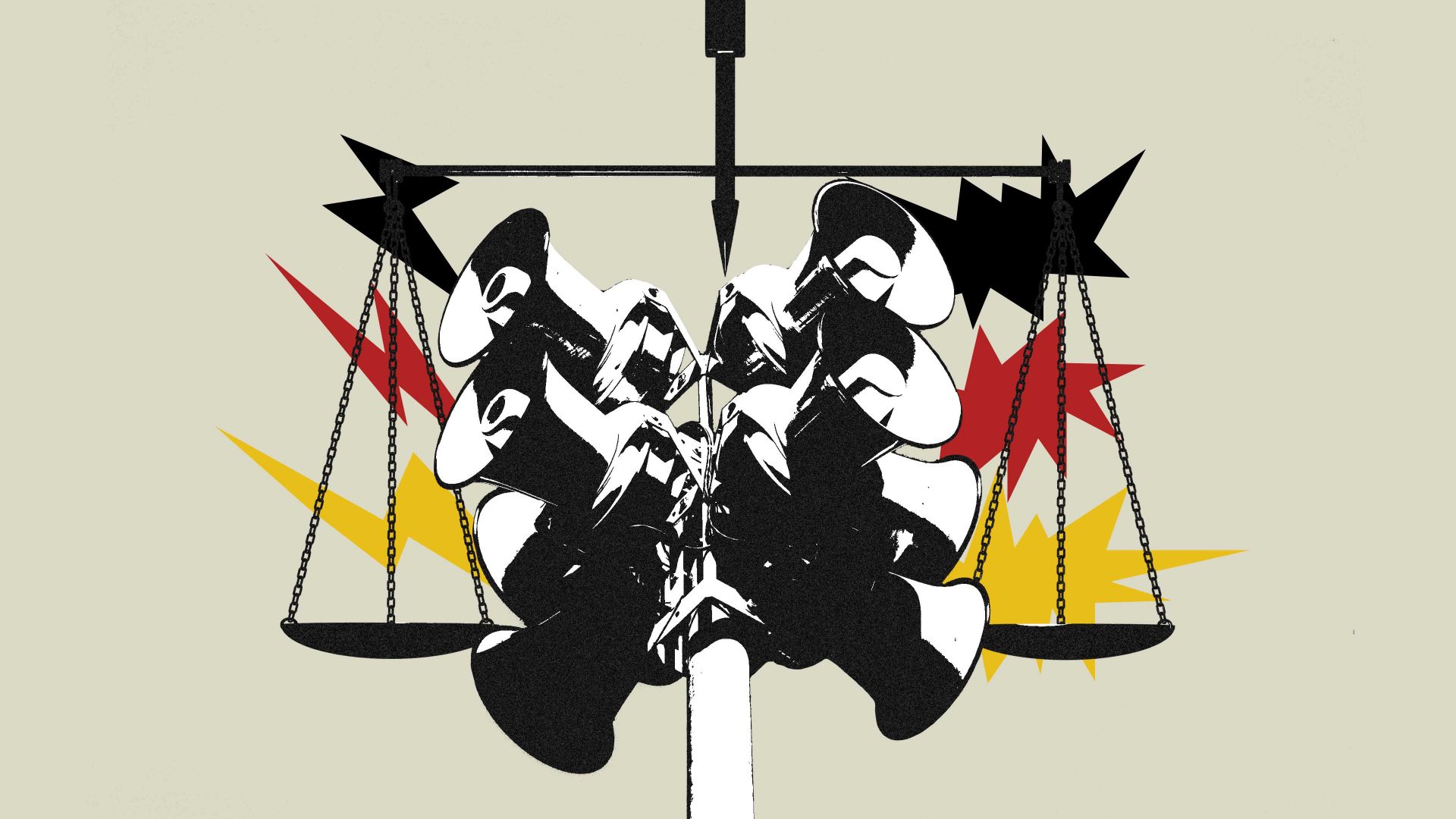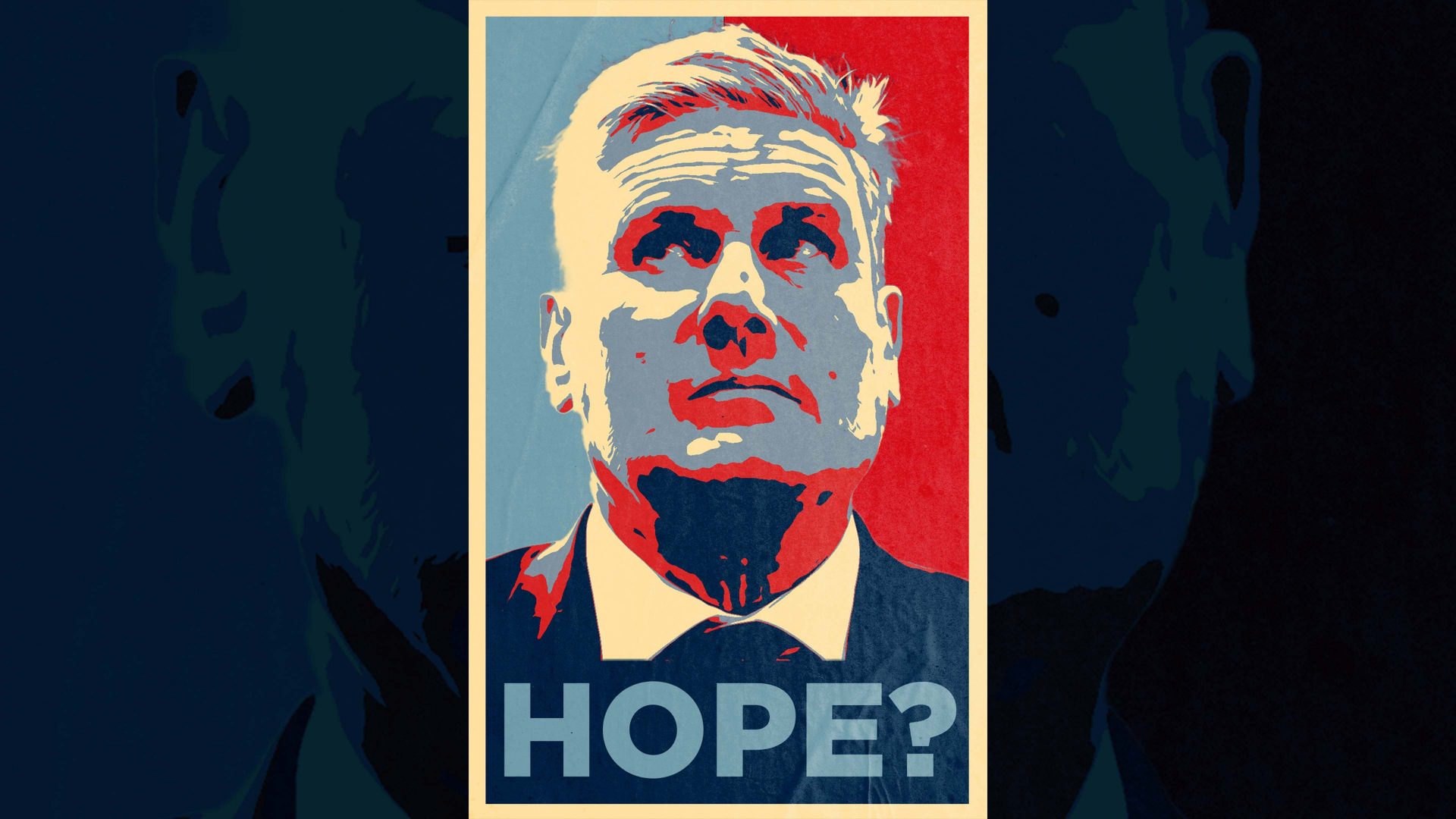Joanna Thomas was until recently a special adviser to Kemi Badenoch at the Department for Business and Trade, but she chose not to mention the minister by name in an excoriating valedictory piece she wrote for a Westminster news website.
To put it mildly, what Thomas wrote might be said to raise questions about Badenoch’s leadership style. “We need a huge injection of emotional intelligence and a commitment to face the facts about where we are, with courage and humility,” Thomas writes in Finito World of her former department’s relationship with the business community. “We must, as a matter of urgency, acknowledge and tackle the structural problems that Brexit has created for British businesses.”
Although Thomas accepts that some great people still work for the department at all levels, doing what they can to help the business community during a challenging time, the implication of the piece is that Badenoch – once a contender for the Tory leadership – was too often preoccupied with “incomprehensible political manoeuvring” to engage sensibly with the business community.
The suggestion is also made that Badenoch lacks social skills, with Thomas writing of how there is little respect for CEO diaries, events being cancelled at the last minute after months of planning, and correspondence and phone calls not being responded to in a timely manner.
“It is not enough to keep admitting ‘we do not know what business is about’ and ‘we want to hear from you’,” Thomas adds. “It is novel, even charming at first, but the act wears thin if the fact is we really do not know, nor really care.”
Thomas clearly feels the business community is being let down by the government, and makes the point that its “incumbent” boss has to divide her time also as minister for women and equalities, a time-consuming brief in its own right.
“Business leaders are not stupid,” she writes. “Businesses want to know how we will now sort the customs and border irritations for goods, how we will tackle business rates, the skills shortages that arise from the lack of labour mobility and myriad other problems created by questionable policy decisions. We need genuine dialogue with give and take from both sides, not tone-deaf political monologue, game-playing and supercilious posturing.”
Rather than knuckling down to tackle the problems, Thomas writes of certain political masters engaging with the business community not so much in the national interest but in the interests of “populating a personal address book as a hedge against election defeat”.
When I ask Thomas if by any chance she misses working for Badenoch, she tells me it’s “unhelpful” to talk in terms of personalities when the business community in the UK is dealing with such fundamental problems, and adds that she couldn’t possibly comment.
The BBC has not sought to dispute Mandrake’s disclosure last week that Marianna Spring – their aptly named “disinformation correspondent” – had herself been spreading disinformation on her CV. She had claimed in a job application to the US-based news site Coda Story that she had worked alongside the BBC correspondent Sarah Rainsford covering the “perception of Russia” during the 2018 football World Cup.
When Coda Story found out this was a lie, Spring apologised for her “awful misjudgment”. The site understandably chose not to employ her.
Still, Spring managed to make it through the portals of the BBC and swiftly became a favourite of the BBC CEO, Deborah Turness, who is now straining to help her highly rated disinformation correspondent weather the storm.
Wavers of EU flags at the Last Night of the Proms have always been a bit of a problem for the BBC and the corporation’s attitude seemed to be the least seen of them, the better. But over the weekend there were so many EU flags being waved it was impossible not to be aware of them, much to the chagrin of Harvey Proctor (remember him?) and Richard Tice, who ranted about them on social media.
Peter Benson of the campaigning groups the EU Flags Team and Thank EU for the Music – a group of musicians angry about how Brexit has hurt the British music industry – said 60,000 flags were distributed to promenaders. “The BBC used to employ the most extraordinary camera angles to try not to show any EU flags, but this time there were so many of them they seemed to give up,” he tells me. “What you saw augurs well for the National Rejoin March in London on September 23.”
Why is it that Rishi Sunak, the richest prime minister the country has ever had, has to pass around the begging bowl every time he travels? Latest to stump up for a helicopter for Sunak “to fly to a political event” is the multi-millionaire Tory donor Richard Harpin. That set Harpin back £15,026.
Sunak was last in receipt of Harpin’s cash in June when he took £16,139, again for a helicopter ride. In all, the PM has taken almost £100,000 from donors to fund his travel since taking office, including the £38,500 he pocketed from the mysterious Akhil Tripathi in April. That much-amended donation – first disclosed here – is now official, making it on to the database of donors at the Electoral Commission.
The taxpayer has meanwhile stumped up £871,000 on Sunak’s overseas trips – including his latest to India – and they have been costed by the Cabinet Office. Oddly, they have still to get around to looking at his domestic trips, even though there were 40 between October and the end of March – the latest period for transparency disclosures.
When it gets to the point when the foul-mouthed education secretary, Gillian Keegan, gets to sit on her own “arse” – as she alleged her colleagues had been over the schools concrete crisis – she certainly has quite a choice of locations.
Her latest entry in the register of MPs’ interests shows she has acquired a second holiday home in Haute-Savoie in France. She still retains her Spanish property in Nueva Andalucía.
Keegan also likes to rest her posterior at the Goodwood race meeting, where she accepted a £2,268 freebie in August, and there’s also Cowdray Park Polo Club where she enjoys free membership.
Sir Keir Starmer may have been accused of supping with the devil when he availed himself of Rupert Murdoch’s hospitality at the non-dom media tycoon’s summer party, but it already appears to be paying dividends.
Murdoch’s Sunday Times asserted in its leader column over the weekend that Starmer’s recent reshuffle resulted in him having “the most mature opposition front bench since Ed Miliband succeeded Gordon Brown as Labour leader in 2010.”
Murdoch’s hirelings assure me, however, that for the Sunday Times, the Times – and the as-yet still very sceptical Sun – to come out for Labour at the next election, Starmer would first have to quietly abandon his commitment to abolish non-dom tax status.




